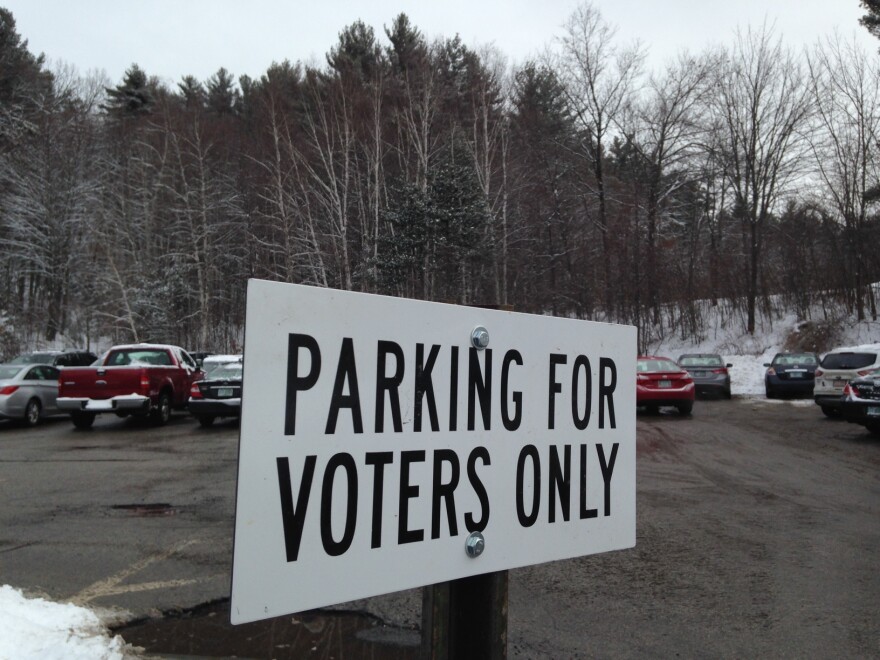As voters head to the polls in municipal elections across the state Tuesday, a lawsuit is still pending against a new voting law known as Senate Bill 3.
SB3 requires voters registering within 30 days of an election to provide proof they live where they’re trying to vote. If they don’t have the right kind of documents on Election Day and don’t return to the town offices within a certain timeframe (10 or 30 days, depending on where they live), the law says they could face civil or criminal penalties.
Editor's note: Want more background on SB3 and other stories around N.H. voting laws? Click here.
In September, a Hillsborough County judge said the new registration process under SB3 could stay in place — at least for now — but the state wasn’t allowed to punish people who didn’t provide the right kind of documentation until the courts had a chance to more fully consider its constitutionality. The same judge also said he had concerns that some of the penalties included within SB3 "act as a very serious deterrent on the right to vote."
With the law's penalties on hold, Deputy Secretary of State Dave Scanlan said local officials have reported few issues navigating the new registration processes in special elections and municipal primaries thus far.
“What we have found in those cities that have held primaries and special elections is that most of the voters that register on the day of the elections have everything they need with them, especially if they have their drivers license that has their address right on it,” Scanlan said. “In those instances where the voters have not had the information, in most cases the voter has come back with the required documentation.”
Scanlan said the state plans to talk with city election officials after this week's elections to see how the new processes worked and where there’s room for improvement.
“Granted, the elections up to this point have been light, but the round of local elections we’re having not only now but with also in the spring with town meeting should give us a pretty good indication of how smoothly it’s going to operate next fall when we have state elections again,” Scanlan said.








